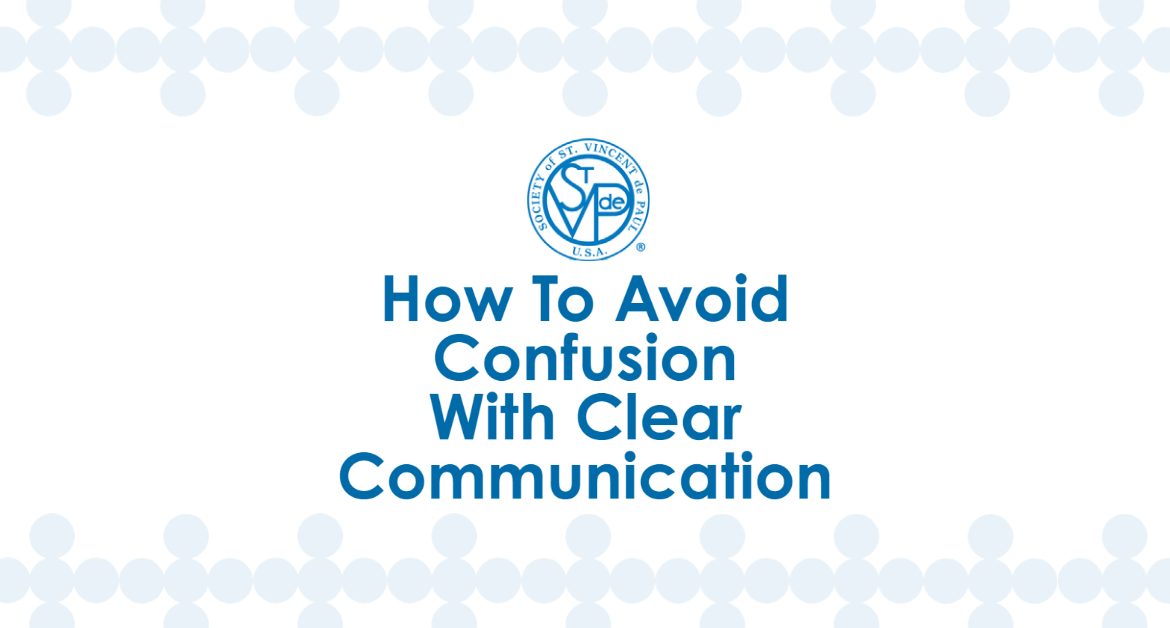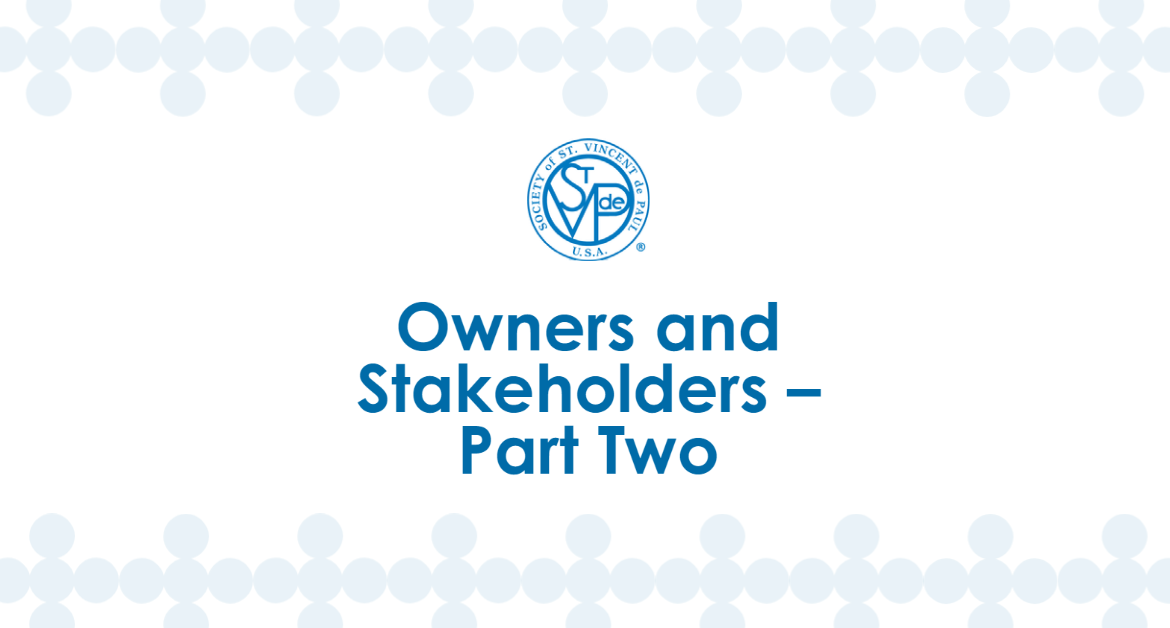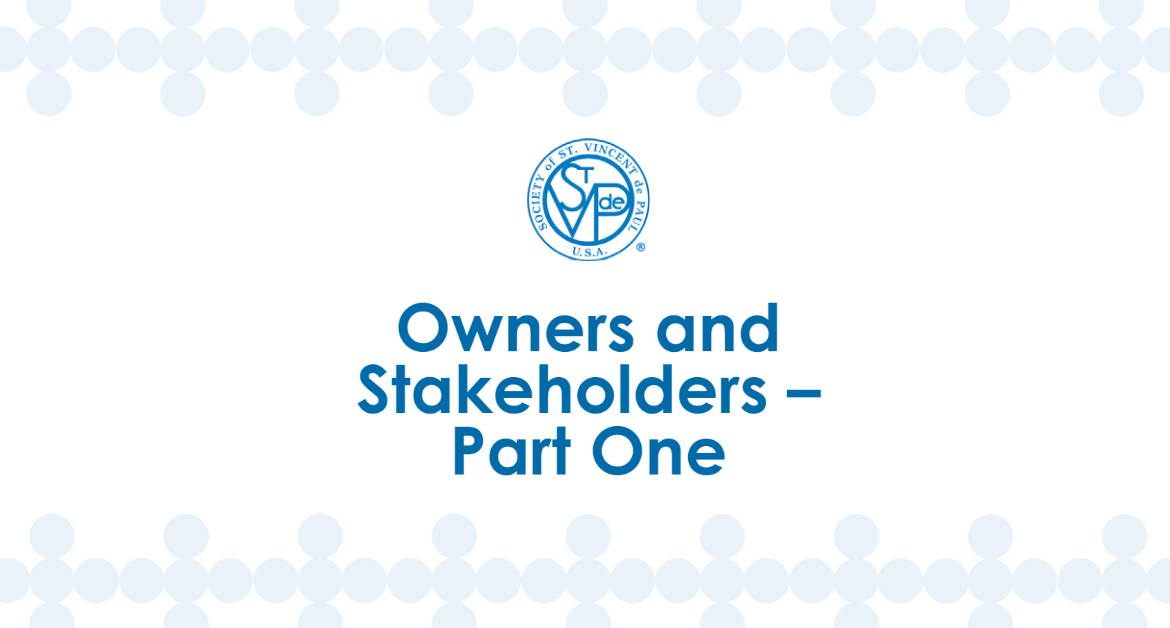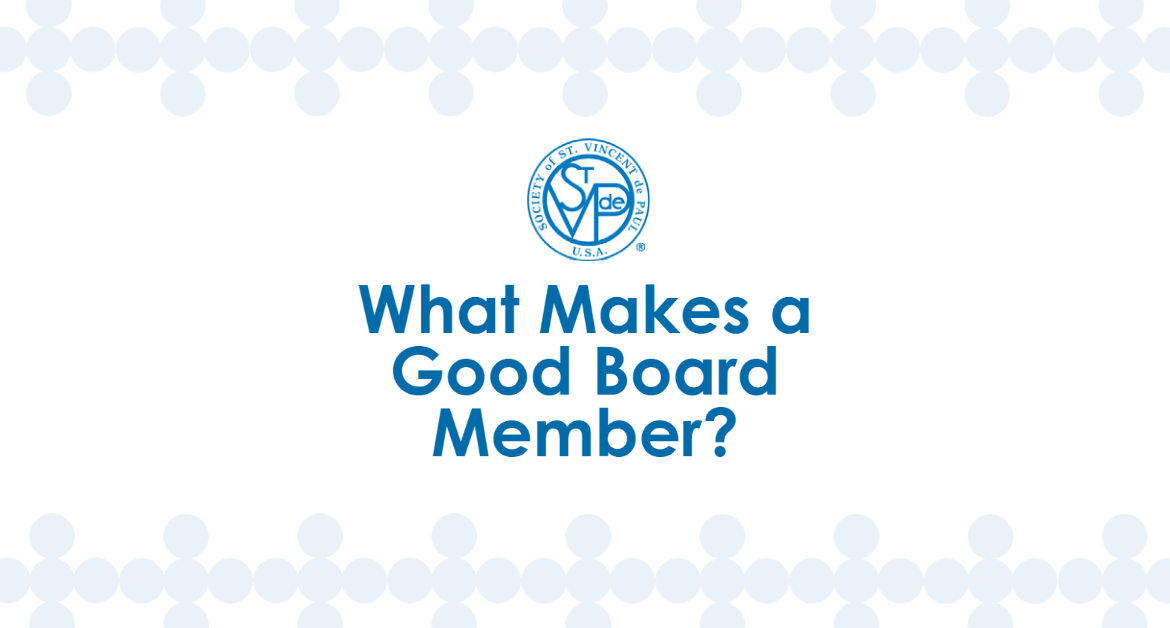Under-communication is a consistent problem in nearly every business. You can solve that by taking ownership of the communication happening around you.
I’ve worked with more than my share of poor communicators over the years. One was a boss who rarely shared information and never in a timely way. My office happened to be in a different building than his, so getting to our weekly one-on-one meeting took a little effort. Each week, I prepared a status report on my major projects, developed a list of answers I needed to make progress, and drove to the office in time for the meeting.
I can’t tell you how many times I was greeted by his assistant with a pained expression. “I’m so sorry,” she’d say. “He had to step out.” Not only did he cancel most of our meetings, but he did so without notice.
When we did meet, he provided little or no clarity. And he dodged most of my questions with “I’ll have to get back to you on that.” It was maddening!
Most under-communication is inadvertent. People are simply unaware of the gap between what’s in their mind and what’s in yours, and you suffer from that same lack of awareness. In fact, a team of researchers writing in the Journal of Political Economy labeled this phenomenon “the curse of knowledge.” It means that when you know something, it’s very hard to remember that other people don’t.
Fortunately, the solution is remarkably simple. All you have to do is step up and take responsibility for all the communication that comes from you or to you. Here’s how:
Determine To Be The Solution
Most of us are not fully aware of our own part in the communication quagmire. We may expect others to do all the work of conveying information. The first step in communicating clearly is to determine to be the solution, not the problem. Are you ready to champion clear communication in your workplace?
Externalize Your Thinking
The curse of knowledge affects everyone, including you. As a result, we don’t communicate or don’t communicate enough. Be aware of the gap between your understanding and that of your team. Stop assuming that people know what’s important or what needs to be done. Get your thoughts out of your head where others can read or hear them.
Push For Clarity
Before you compose your message (or say it out loud), ask yourself, “How can I set the other person up for success?” Before you hit send, reread the communication to be sure it’s clear. Would you know exactly what you meant? Clarity is vital for communication. Sometimes that will mean pushing others for clarity. Remember, they also suffer from the curse of knowledge and may have a tendency to omit information or use ambiguous language. Gently ask them to make their meaning clear.
Confirm Understanding
Communication hasn’t really happened until the other person not only receives your words but also understands them. You can request a “read receipt” when you send a message, but you also need to get an “understand receipt.” You can do that with questions like “Is anything unclear about that?” or “What do you understand based on what I’ve said?”
Over-Communicate
Actually, you can’t over-communicate. Or at least it is pretty hard to do. People are busy and distracted. They forget things they should remember – things they want to remember. Communication is not a one-and-done event. Communicate again. And again.
What would it be like to come to work in a place where you never had to go on a deep dive for the information you need to do your job? How would it change the culture of your office if everyone was clear, direct and intentional in their communication? Why not take responsibility for making that happen and find out?





